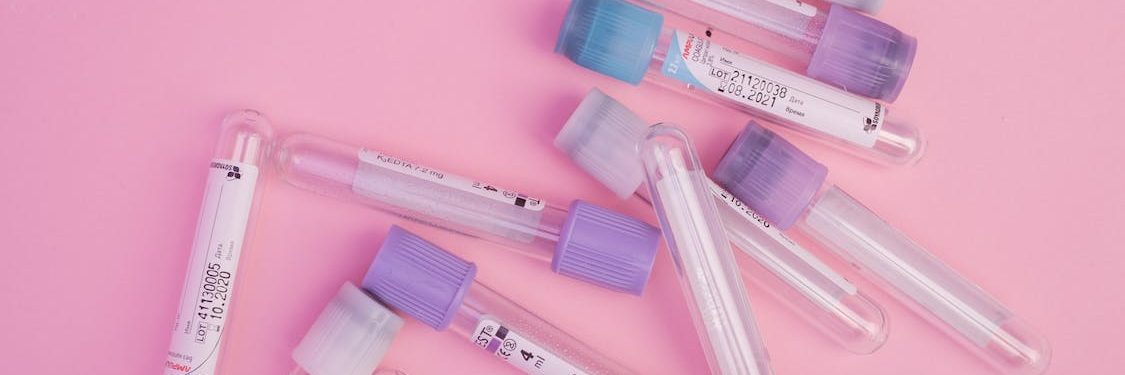Rates of STIs reported in Australia have soared over the past 10 years, with some figures more than double what they were a decade ago. Image: Alena Shekhovtcova, via Pexels
Rates of sexually transmitted infections (STIs) reported in Australia have soared over the past 10 years, with diagnoses of common infections more than double what they were a decade ago.
Diagnoses of gonorrhoea have doubled, syphilis has tripled and chlamydia has increased by 12% since 2013, according to the 2023 report by the Kirby Institute at UNSW Sydney.
The report also emphasises the concerning fact that these rates have increased dramatically despite the decreased rate of testing conducted since the COVID-19 pandemic.
Epidemiologist Dr Skye McGregor of the Kirby Institute spoke about the results of the report.
“Any rise in STIs is bad news, but rising STIs against a backdrop of decreased testing, and the persistent upward trend over the past decade, is particularly concerning,” says McGregor.
Chlamydia was the most commonly identified STI in Australia and was prevalent in young Australians, with two-thirds of cases occurring in people aged 15-29 years of age.
Syphilis, while still predominantly seen in men, saw a six-fold increase among women.
The report also identified a stark increase of diagnoses in Aboriginal and Torres Strait Islander peoples compared to non-Indigenous people, highlighting “an urgent need for culturally-appropriate health promotion, testing and treatment strategies” that are co-designed with Aboriginal and Torres Strait Islander peoples.
Despite the alarming findings of the report, there was good news, too.
Rates of human papilloma virus (HPV) monitored by cases of genital warts have decreased dramatically since 2007 when the HPV vaccine was introduced for girls aged 12-13, and in 2013 for boys of the same age.
Furthermore, donovanosis, an STI once regularly diagnosed in remote Aboriginal communities, has seen no new cases diagnosed since 2014.
Dr Skye McGregor said that the best way to combat STIs was through the use of condoms, regular testing, education, reducing the social stigmas which surround matters of sexual health.
“Chlamydia, gonorrhoea, and syphilis are easily treatable with antibiotics. The key message we want Australians to take away from these data is that for any sexually active person, condoms remain highly effective at preventing STIs, and regular STI testing is crucial,” said McGregor.
“A key part of this is combating stigma around sexual health and notifying sexual partners when someone has tested positive for an STI. Early testing, diagnosis and treatment of STIs prevents serious long-term outcomes.”





